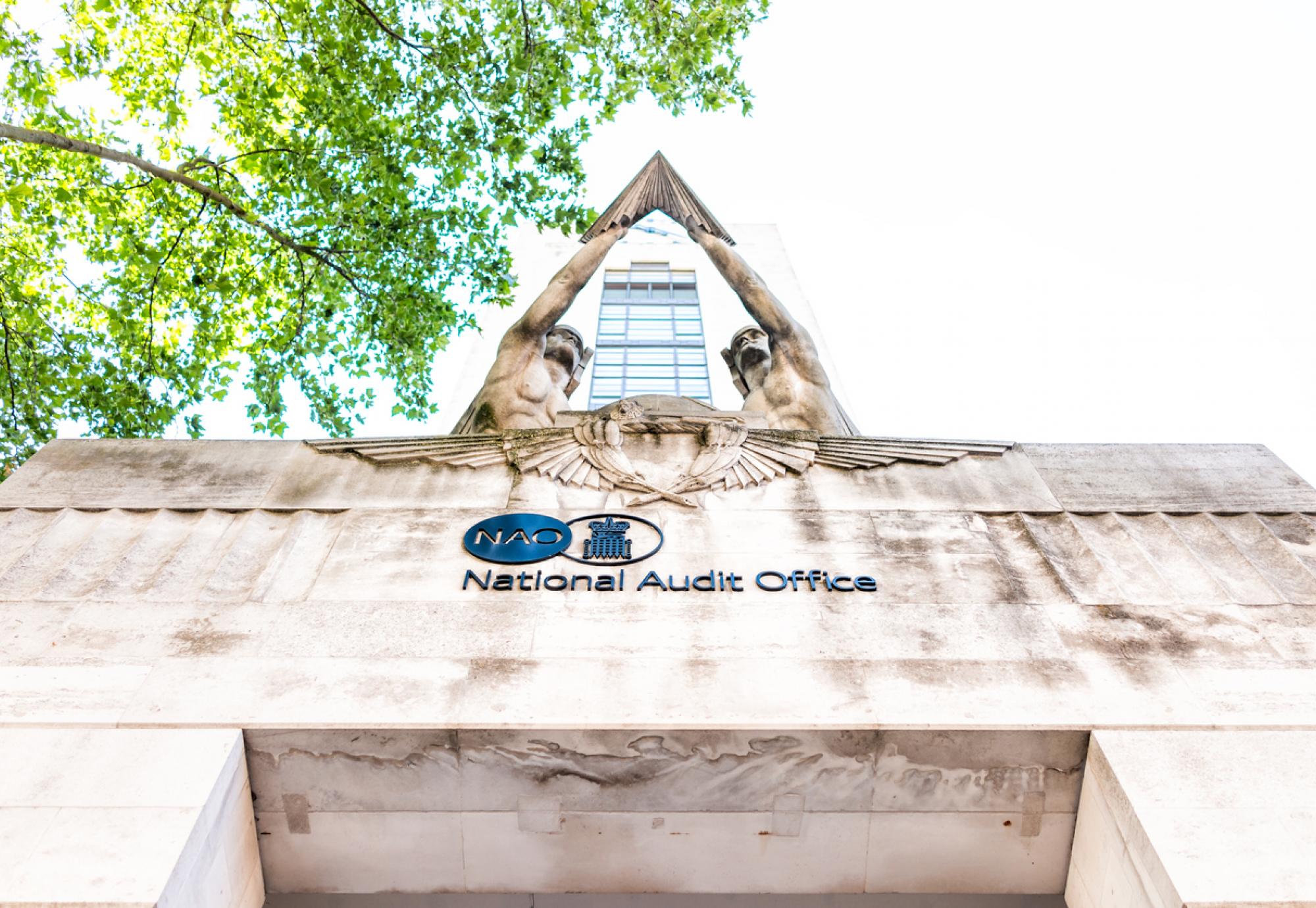The National Audit Office has announced that the Department for Environment, Food and Rural Affairs (Defra) does not have a plan for wider digital transformation, despite setting out to tackle urgent risks and vulnerabilities in service.
With Defra providing critical digital services such as disease prevention, flood protection and air quality, these services are relying on old digital infrastructure and technology, thanks to previous under-investment in digital systems.
The National Audit Office has previously conducted an investigation into issues with legacy IT systems, as well as their effects of government departments’ operations and efficiency, with them identifying IT legacy systems as one of six areas of concern across government in July 2021. This is due to them showing a “consistent pattern of underperformance” over the course of 25 years.
Despite these issues, Defra has attempted to reduce the most concerning of the risks and has been trying to deal with issues for over a decade now, however the necessary funding to begin to tackle the problem in a strategic and planned way was not received until the 2021 Spending Revie. During this, HM Treasury agreed to £366 million worth of IT investment of a three year period, beginning in 2022. This is over triple the amount that was allocated for the three year period that began in 2016.
Because of this increase in funding, Defra has been able to design a plan to take action on these pressing issues, however the NAO has acknowledged that the additional funding still isn’t enough to fund a wider digital transformation.
Head of the NAO, Gareth Davies, said:
“Government continues to rely on many outdated systems at significant cost. Defra faces a particularly challenging task in replacing its legacy applications and has begun to tackle it in a structured way. The full potential of technology in improving public services and reducing cost to the taxpayer can only be accessed if this programme and others like it across government are delivered effectively.”
The NAO has recommended that Defra “maintain the momentum of its Legacy Applications Programme as it moves beyond stabilisation and into transformation of its digital systems.”



















